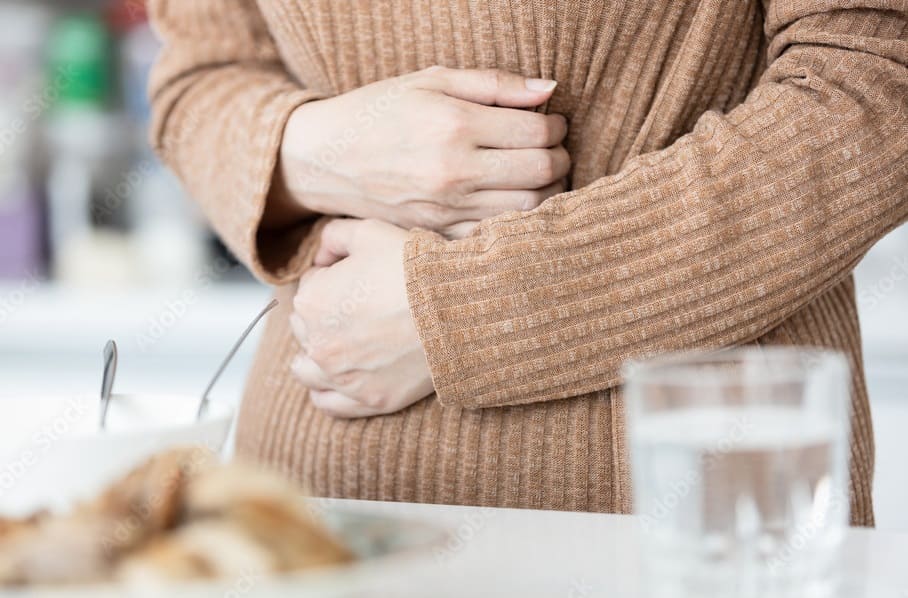Summer brings sunshine, pool parties, camping trips—and unfortunately, a higher risk of food poisoning. You might be surprised to know that foodborne illnesses spike during the warmer months. So while you’re enjoying grilled burgers or refreshing fruit salads, harmful bacteria could be quietly multiplying behind the scenes. Let’s explore why food poisoning is more common in summer, the symptoms you should never ignore, and what to do if things go south.
Why is Food Poisoning More Common in Summer?
Summer’s heat doesn’t just warm our skin—it also creates a breeding ground for bacteria like Salmonella, E. coli, and Listeria. Here’s why the risk goes up:
1. Perfect Temperature for Bacteria
Bacteria that cause food poisoning grow fastest in the “danger zone”: between 40°F (4°C) and 140°F (60°C). Hot weather speeds up bacterial growth, especially when food is left out at room temperature or outside during a picnic or BBQ.
2. More Outdoor Eating
From potlucks to road trips, summer is full of meals away from the kitchen. But that also means:
- Less access to refrigerators
- Food left out in the sun
- Increased risk of cross-contamination (like using the same knife for raw meat and veggies)
3. Casual Handling of Food
Let’s be real: when everyone’s having fun, food safety sometimes takes a back seat. We’re more likely to skip handwashing or overlook whether the meat is fully cooked.
What Are the Symptoms of Food Poisoning?
Food poisoning symptoms can start within hours or take up to several days to appear, depending on the type of bacteria or toxin involved.
Most Common Symptoms Include:
- Nausea and vomiting
- Diarrhea (sometimes watery or bloody)
- Stomach cramps or abdominal pain
- Fever and chills
- Headache
- Muscle aches
- Fatigue or weakness
- Loss of appetite
For most healthy adults, food poisoning is unpleasant but passes within 1 to 3 days. However, it can be dangerous—especially for children, elderly individuals, pregnant women, and those with weakened immune systems.
Serious Symptoms That Require Immediate Medical Attention
While mild food poisoning can often be treated at home, certain signs mean it’s time to stop guessing and see a doctor immediately:
Seek medical help if you experience:
- High fever (over 101.5°F or 38.6°C)
- Blood in your stool or vomit
- Persistent vomiting (unable to keep fluids down for more than 12 hours)
- Signs of dehydration (dry mouth, extreme thirst, dark yellow urine, dizziness, confusion)
- Severe or persistent stomach pain
- Diarrhea lasting more than 3 days
In rare cases, certain bacteria like E. coli O157 can lead to hemolytic uremic syndrome (HUS), which may cause kidney failure. Don’t risk it—early treatment can prevent complications.
How to Prevent Food Poisoning in Summer?
A few smart habits can keep your summer fun and food-safe. Here’s how to lower your risk:
Before the Meal:
- Wash hands thoroughly with soap and water before and after handling food
- Keep cold foods cold—store perishables in a cooler with plenty of ice
- Thaw meat properly in the fridge or cold water, not on the counter
During Cooking:
- Use a food thermometer to ensure meat is cooked:
- Chicken: 165°F (74°C)
- Ground beef: 160°F (71°C)
- Fish: 145°F (63°C)
- Avoid cross-contamination: separate raw meat from ready-to-eat food
During Serving:
- Don’t leave food out for more than:
- 2 hours at room temperature
- 1 hour if it’s above 90°F (32°C)
After the Meal:
- Store leftovers in the fridge within two hours
- When in doubt, throw it out. That creamy potato salad might look fine—but if it’s been sitting out all afternoon, it’s not worth the risk.
What to Do If You Think You Have Food Poisoning
If symptoms are mild:
- Get plenty of rest
- Hydrate with water, clear broths, or oral rehydration solutions
- Eat bland foods like bananas, rice, toast, and applesauce (BRAT diet)
But remember, food poisoning is not just “a stomach bug”. It can be serious. If your symptoms are severe or you fall into a high-risk group, don’t delay getting professional help.
Final Thoughts
Food poisoning might seem like a small hiccup in your summer plans, but it can become dangerous quickly. With the right precautions and a little extra care, you can enjoy every BBQ, beach picnic, and backyard party without any unpleasant surprises. And if you—or someone you know—is experiencing severe symptoms, don’t wait it out. Listen to your body, and consult a doctor immediately.
Also Read:
